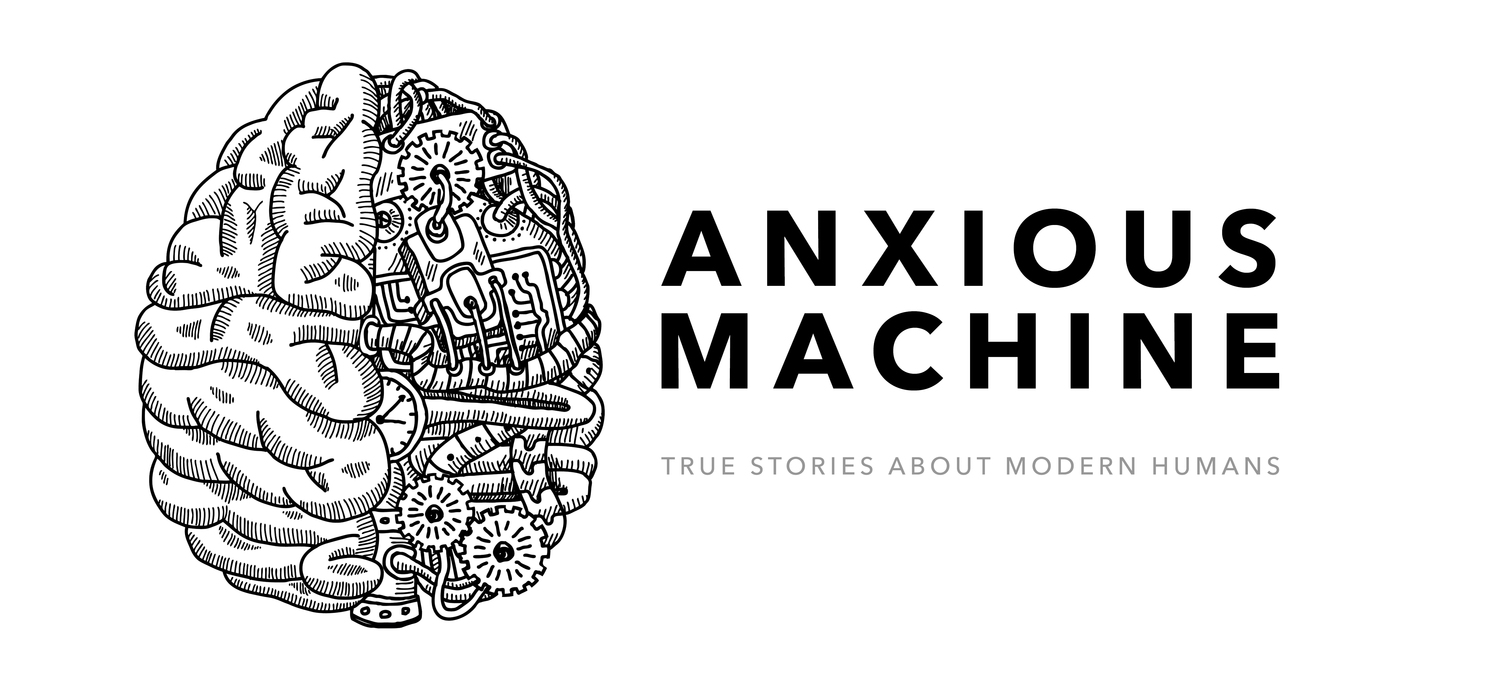Everybody's writing about and linking to Jared Sinclair's blog post where he breaks down the sales figures of his RSS reader Unread, calculating that "the actual take-home pay from the combined sales of both apps is $21,000, or $1,750/month."
Considering the enormous amount of effort I have put into these apps over the past year, that’s a depressing figure. I try not to think about the salary I could earn if I worked for another company, with my skills and qualifications. It’s also a solid piece of evidence that shows that paid-up-front app sales are not a sustainable way to make money on the App Store.
Most of the commentary so far seems to be pretty pessimistic about what this means for the future of iOS app development. Either it's nearly impossible to make good money designing apps, or you just have to design apps that take less work to design. As Benjamin Mayo puts it:
If you want to maximize your profitability, make small apps that do a few things well. The amount of effort you put into an app has very little to do with how much of the market will buy it. This means that making big apps exposes you to substantially more risk, which is not fairly counterbalanced by significantly higher earnings potential.
Marco Arment thinks the way forward is being more efficient:
As the economics get tighter, it becomes much harder to support the lavish treatment that developers have given apps in the past, such as full-time staffs, offices, pixel-perfect custom designs of every screen, frequent free updates, and completely different iPhone and iPad interfaces...Efficiency is key. And efficiency means doing more (or all) of the work yourself, writing a lot less custom code and UI, dropping support for older OSes, and providing less customer support.
But there's another option: simply charge more if your app is worth it, and charge for every major update. On a recent episode of Iterate, Joe Cieplinski of Bombing Brain describes how his company developed the premier teleprompter app for the iPad, and how it not only sold well at a relatively high price but went on to sell even better when they raised the price higher. People have been saying similar things about the Omnigroup's pricing for years.
Brent Simmons recently made the case that most indie software developers in the Apple ecosystem make apps for the Mac. The implication is that Mac apps make more money, because developers typically charge more for them. Tyler Hall backs up this point from his own experience:
It’s my experience that you CAN build a sustainable software business selling to consumers as an independent developer. You just can’t do it in the App Store any longer – if you ever could. You need to start building for the Mac, where you can charge a fair price, sell directly to your customers, and charge for upgrades. Even then, success won’t happen overnight. But it is doable.
Of course, I'm just a user, not a developer, so this is all just speculation. But when I look at that sales chart for Unread, and see that huge spike in the first few days, I see myself and other people like me, people who love these beautifully designed, "hand-crafted" apps.
We aren't buying these apps on impulse. We're buying them because we read the reviews and we know what the best apps are, and we want to own the best. Maybe indie devs need to stop chasing the normals (who think everything should be free anyway) and just charge a fair price from the folks who care.


